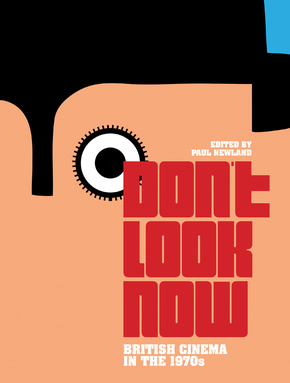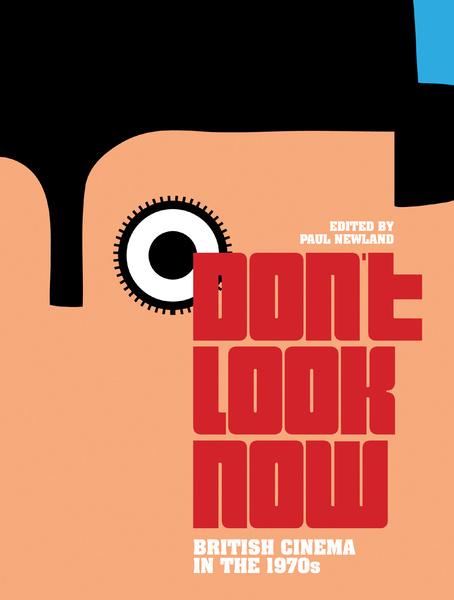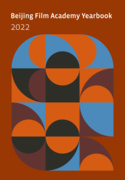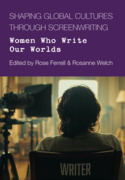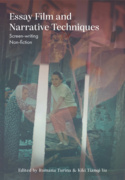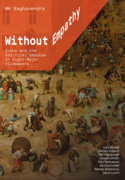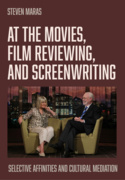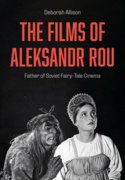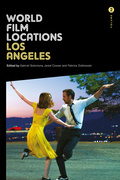Don't Look Now (Book)
British Cinema in the 1970s
While postwar British cinema and the British new wave have received much scholarly attention, the misunderstood period of the 1970s has been comparatively ignored. Don’t Look Now uncovers forgotten but richly rewarding films, including Nicolas Roeg’s Don’t Look Now and the films of Lindsay Anderson and Barney Platts-Mills. This volume offers insight into the careers of important filmmakers and sheds light on the genres of experimental film, horror, rock and punk films, as well as representations of the black community, shifts in gender politics and adaptations of television comedies. The contributors ask searching questions about the nature of British film culture and its relationship to popular culture, television and the cultural underground.
Edition
While postwar British cinema and the British new wave have received much scholarly attention, the misunderstood period of the 1970s has been comparatively ignored. Don’t Look Now uncovers forgotten but richly rewarding films, including Nicolas Roeg’s Don’t Look Now and the films of Lindsay Anderson and Barney Platts-Mills. This volume offers insight into the careers of important filmmakers and sheds light on the genres of experimental film, horror, rock and punk films, as well as representations of the black community, shifts in gender politics, and adaptations of television comedies. The contributors ask searching questions about the nature of British film culture and its relationship to popular culture, television, and the cultural underground.
Paul Newland is a lecturer in film studies in the Department of Theatre, Film and Television at Aberystwyth University.
Introduction: Don’t Look Now? British cinema in the 1970s – Paul Newland
Keynote Address, Don’t Look Now? Conference, University of Exeter, July 2007 – Sue Harper
Stanley Baker and British Lion: a Cautionary Tale – Robert Shail
Staccato and wrenchingly modern: reflections on the 1970s stardom of Glenda Jackson – Melanie Williams
Alternative Film Exhibition in the English Regions during the 1970s – Vincent Porter
Multiple Voices: The Silent Cry and artists’ moving image in the 1970s – William Fowler
On the Margins: Anthony Simmons, The Optimists of Nine Elms and Black Joy – Josie Dolan and Andrew Spicer
We know where we’re going, we know where we’re from: Babylon – Paul Newland
The Power to Create Catastrophe: The idea of apocalypse in 1970s British cinema – Peter Hutchings
‘The "lack" and how to get it’: reading male anxiety in A Clockwork Orange, Tommy and The Man Who Fell to Earth – Justin Smith
Hideous Sexy: The Eroticised Body and Deformity in 1970s British Horror Films – Peri Bradley
Masculinity and deviance in British cinema of the 1970s: Sex, Drugs and Rock ‘n’ Roll in The Wicker Man, Tommy and The Rocky Horror Picture Show – E. Anna Claydon
The last studio system: a case for British television films – Dave Rolinson
‘Pre-Sold to Millions’: The Sitcom Films of the 1970s – Adrian Garvey
Class, Nostalgia and Newcastle: Contested Space in The Likely Lads – Paul Williams
Hovis, Ovaltine, Mackeson’s and the Days of Hope debate – Amy Sargeant
‘What is there to smile at?’ Lindsay Anderson’s O Lucky Man! – John Izod, Karl Magee, Kathryn Mackenzie and Isabelle Gourdin
Dead End and Private Roads: The 1970s films of Barney Platts-Mills
Landscape in The Ruling Class – Mark Broughton
Beneath the Surface: Nicolas Roeg’s Don’t Look Now – Andrew Patch
'The essays in this highly stimulating collection reveal, clearly and persuasively, just how diverse, energetic and imaginative British cinematic creativity was during this rather maligned decade... In shining a bright light into one of the remaining dark corners in British cinema history Don’t Look Now is a welcome and extremely valuable contribution to the field.'
'Long overdue for a closer look, this volume provides a comprehensive, wide-ranging and stimulating range of new scholarship on British cinema and television in the 1970s.'

